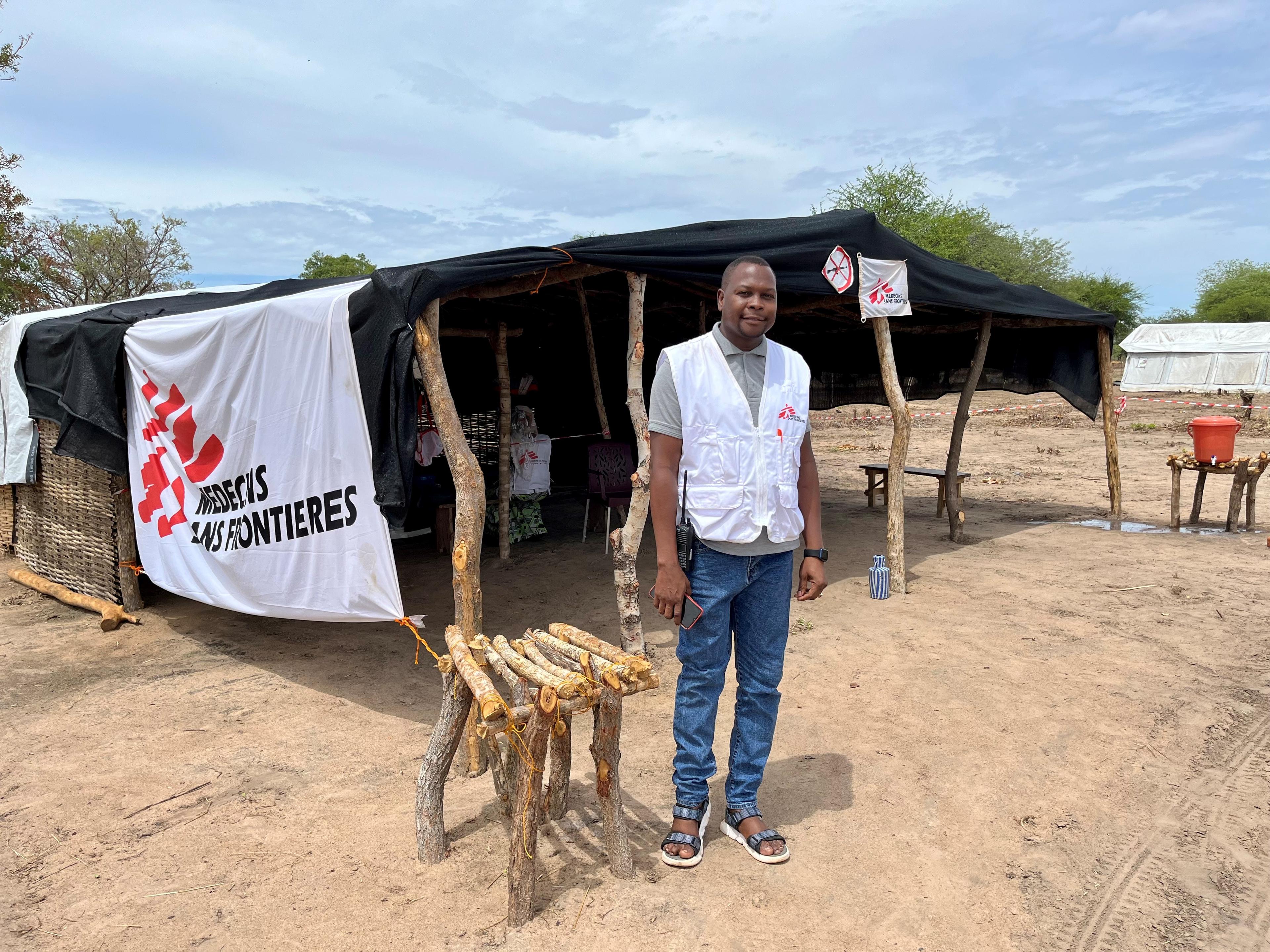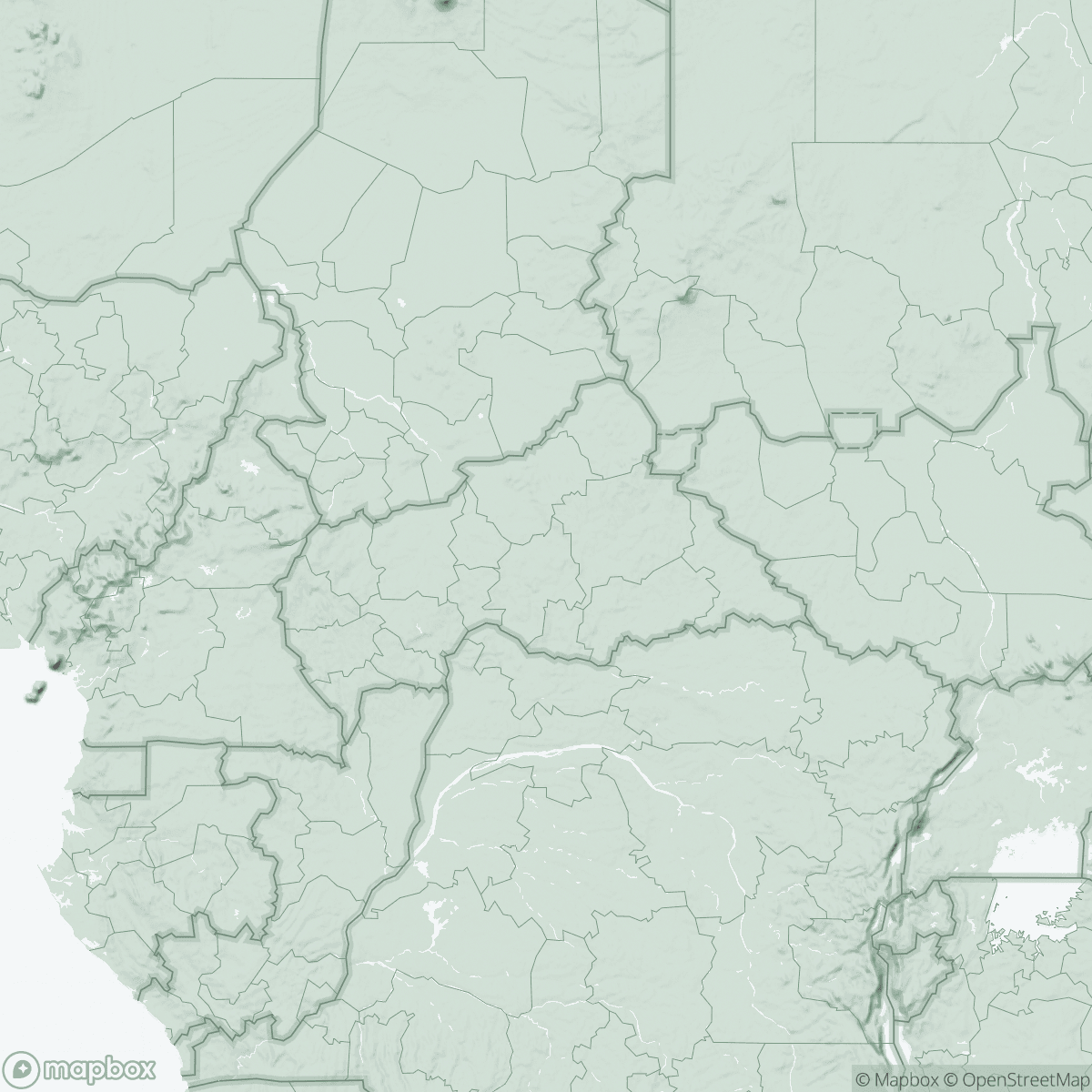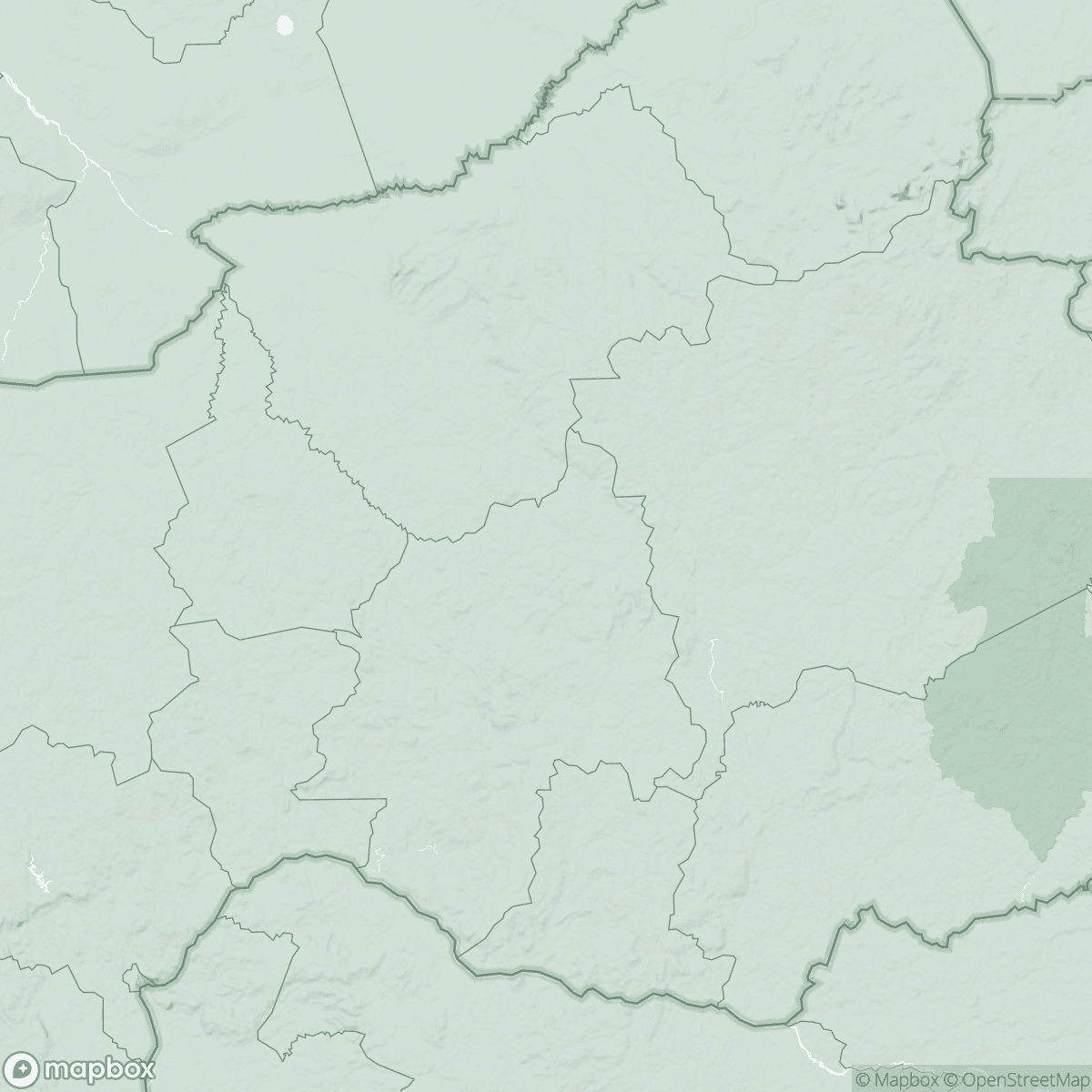
Everyone arrives exhausted from Sudan, and many children are ill
In 1 click, help us spread this information :
In recent weeks, thousands of people fleeing the conflict in Sudan have sought refuge in northern Central African Republic (CAR). Issa Moussa, deputy head of mission for Doctors Without Borders/Médecins Sans Frontières (MSF), is coordinating MSF’s emergency response in Birao. Here, Moussa explains how MSF is adapting to provide medical support to Sudanese refugees in CAR.
What are MSF teams witnessing in northern CAR?
According to the United Nations, since the end of April, more than 13,800 people have arrived at the Am Dafok transit point in the northern prefecture of Vakaga, which borders Sudan. Everyone fled the conflict in Sudan—most are Sudanese, but some are Central Africans who had moved to Sudan during periods of crises in CAR in 2019 and 2021 and who have now decided to return.
People initially settled in a camp in Am Dafok, but last week the Central African government decided to relocate them for security reasons to the town of Birao, about 65 kilometers away. Bus convoys are now being organized every two days to transport people to Birao as they arrive. The initial plan was to transport 4,000 people each week, but they’ve realized that it will take longer. By June 7, only 300 people had been transferred.
The refugees initially expressed some resistance to this decision, as they did not want to move any further away from the border and, above all, feared that living conditions in Birao would be more difficult. After discussions and following the first convoys—which were mainly made up of people who went to check on the conditions in the new camp—people were more accepting of the decision. It's important not to lose too much time, because in the rainy season, this stretch of road could become inaccessible. From a logistical and security point of view, Birao is a simpler location for humanitarian actors, as access by air is possible, the town is less isolated, and the security situation is more stable.
What are living conditions like in the camp?
More than 80 percent of refugees are women and children, as many men have stayed behind to fight. Some have come in trucks, others by carts, or even by foot. One mother told us that she had made the journey with her children from Khartoum, the capital of Sudan. It took the family more than two weeks to travel the 1,000 kilometer distance.
Understandably, everyone arrives exhausted from Sudan, and many of the children are ill because of the difficult conditions. In medical consultations, we have already seen several cases of severe acute malnutrition. In the Am Dafok transit camp, people are all housed in large community sheds, where various actors are trying to provide support. A few latrines have been built and there are regular food and water distributions. In Birao, family shelters are being built to provide better living conditions for the refugees.
What type of support is MSF providing?
MSF’s teams continue to monitor the humanitarian situation in Am Dafok, as this is the main entry point for refugees from Sudan and assistance is needed. But our intervention is focused at the new site in Birao. During the first days of the relocation process, MSF is committed to providing medical care to people of all age groups and supplying water through daily distributions, while we wait for other actors to take on some of the responsibility. MSF has constructed a temporary health facility where we provide pediatric care and vaccination.
We are also working in the local hospital to ensure continuity of the primary care we are providing at the displacement site. At the hospital we will support the Ministry of Health to provide pediatric care for children up to the age of 15, intensive nutritional care, medical-surgical emergencies, and care for sexual violence. We will support the laboratory to improve the safety of blood transfusions by providing medical equipment and training the teams. Given the great suffering many of the refugees have experienced, providing mental health care will also be a crucial part of our response. Vakaga already has many unmet medical needs, so we will also assist the local community.

